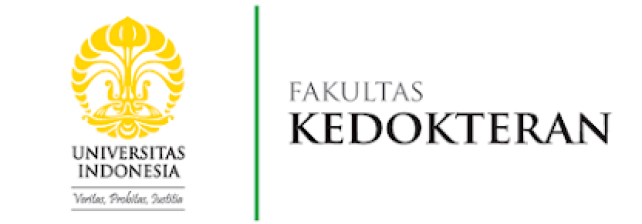Hepatic cell carcinoma (HCC) is a malignancy originated from hepatic cell and it cover almost 90% cases of cancer located in the liver. WHO notes KSH as the number 4 deadliest cancer with 841.000 new case in 2018. The incidence and mortality of HCC is higher in South East Asia, including Indonesia.
In Indonesia, there’s 13.365 cases of HCC in 2014 and it was the 2nd most common cancer in male after lung cancer. Even though the knowledge about cancer is very advanced, the survival rate of HCC is not getting any better in the last 15 years. A study shows that the life expectancy of HCC patient is 138 days.
Low survival rate of HCC is caused by late diagnosis. Early stages of the disease don’t show any signs and symptoms; therefore, most patients go to the doctor with late stages of cancer. Almost 85% of HCC patients came to the hospital with mid to late stage of cancer, and it is already non-curable with radiotherapy or surgery trans arterial chemoembolization (TACE) is a palliative measure for late stage of HCC. It works by inhibiting vascularization to the tumor and causes cell death. However, the success rate is not satisfying, also there is a possibility if disease worsening because of the side effect of TACE. Therefore, selecting which patient to undergo TACE needs to be very selective.
Th17 is an immune cell recently found to be linked with cancer. However, its part is very controversial since it is double sided, it can be pro-tumor and antitumor at the same time. Th1 is known earlier to have antitumor effect. Based on these background, a new study in the effect of TACE to patient’s immunity, especially to Th17 and Th1 before and after TACE.
The research was done by dr. Irsan Hasan, SpPD-KGEH, a staff from Department of Internal Medicine FMUI-RSCM. The study took a long time, because TACE need a special facilities and not every hospital was able to provide it.
The result of this study shows Th1 and Th17 increases in HCC patient who give good response to TACE. This finding strengthen the role of Th1 and Th17 as antitumors. Another interesting finding of this study, in patients with good response to TACE, there’s a change in Th17 into Th17 that have the same plasticity as Th1. This result became the first study to fond plasticity mechanism of Th17 in TACE patients.
The result was presented by dr. Irsan Hasan, SpPD-KGEH on his doctoral hearing on Monday, May 7th 2019, in IMERI uditorium. The dissertation was title “Plasticity of TH17 and Transarterial Chemoembolization Response in Hepatic Cell Carcinoma Patients: A Study in TH17, TH1m IFN-y, and Neutrophil Lymphocyte Ratio”. Prof. Dr. dr. Suhendro, SpPD-KPTI acted as the head examiner. Other examiners are Dr. dr. Jacub Pandelaki, SpRad(K), Dr. dr. Iris Rengganis, SpPD-KAI; and Prof. Dr. dr. Nasrul Zubir, SpPD-KGEH, FINASIM from Andalas University.
At the end of the hearing Prof. Dr. dr. Ari Fahrial Syam, SpPD-KGEH, MMB as the head of the hearing inaugurated dr. Irsan Hasan, SpPD-KGEH as a doctor in Medical Science of FMUI. Through their closing remarks promotor Dr. dr. Rino Alvani Gani, SpPD-KGEH and co-promotors Prof. dr. Laurentius A. Lesmana, SpPD-KGEH, FACP, FACG, FAASLD, FINASIM and Prof. dr. Siti Boedina Kresno, SpPK(K) hoped this research can be considered when selecting patient to undergo TACE.
(Public Relations FMUI)
